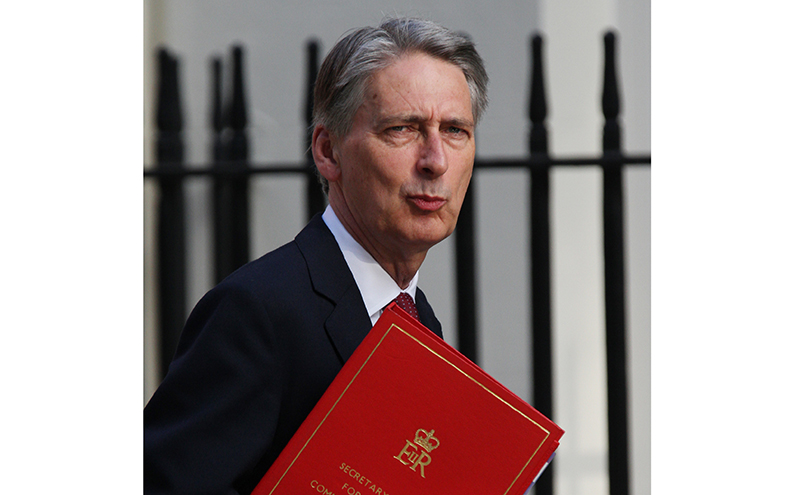
SUBSTANTIAL increases in the rate of the national minimum wage over the next two years look likely after chancellor of the exchequer George Osborne signalled that the Conservatives, like their Liberal Democrat partners in the Coalition Government and the Labour Party opposition, now favour the move.
Osborne last month told the BBC that the economy, now showing appreciable growth after a long period of recession and near stagnation, can afford a rise in NMW.
But business leaders and trade groups, including retail organisations have reacted with dismay. They argue that increased costs, caused by a large increase in the rate plus hikes in related costs such as national insurance, are exactly what is not required as firms also try to recover from the economic hard times.
Technically any adjustments in the national minimum wage should be recommended by the Low Pay Commission which is overseen by the Westminster business secretary Vince Cable.
Last year Cable signalled his desire that the NMW should, after taking inflation into account, be restored to the level achieved before the recession.
And some observers now expect the rate to increase from its current £6.31 an hour for workers of 21 and above by just under 11% to £7 an hour in two increases in autumn this year and in 2015.
A number of business organisations criticised the arguments and suggested that wage increases had to be accompanied by increased productivity or jobs may be lost.
The Scottish Grocers’ Federation said a £7 NMW rate could effectively mean costs per hour for each NMW employee of £8 once national insurance and other costs were taken into consideration.
SGF chief executive John Drummond said: “George Osborne has to get real: he has no idea about what local shops can really afford. The disappointing retail sales figures in December show just how tough the economic climate still is in Scotland.
“This rise may lead to cuts in the number of staff or reductions to their working hours. The best way to protect local jobs and encourage investment is to freeze the national minimum wage at the current level.”
• Current NWW rates are: Workers aged 21+, £6.31 per hour; aged 18-20, £5.03; aged under 18, £3.72; apprentice rate, £2.68.













